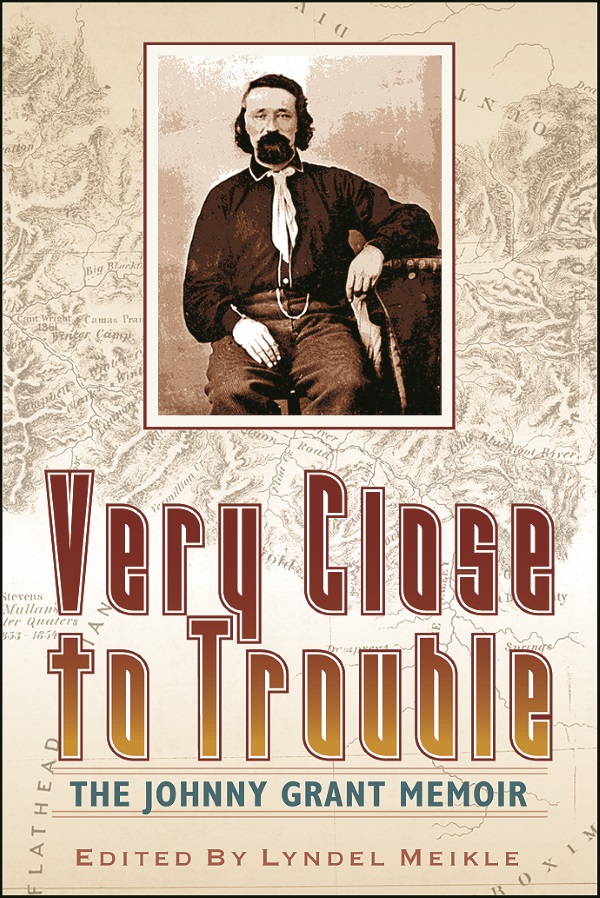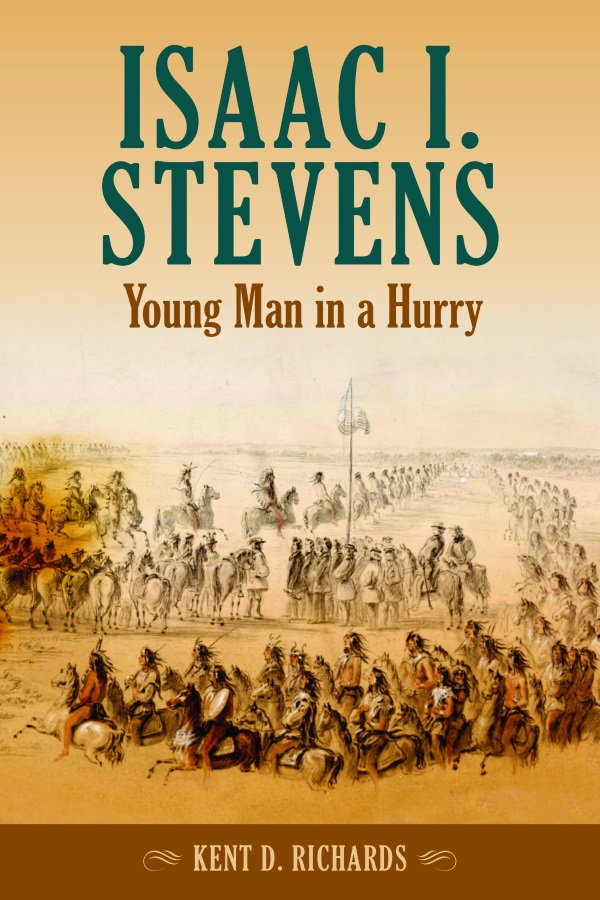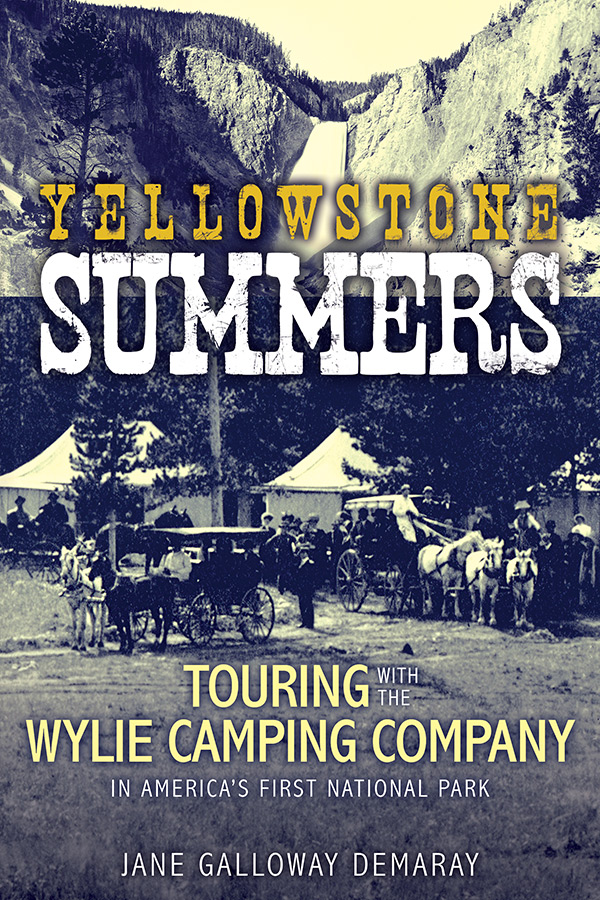Description
Trader, wrangler, and raconteur, Johnny Grant (1831 – 1907) lived “very close to trouble” on the wide open Montana/Idaho frontier of the mid-nineteenth century. A key pioneer of western Montana, Grant is memorialized today by the Grant-Kohrs Ranch National Historic Site, operated by the National Park Service at Deer Lodge, Montana.
The son of a Hudson’s Bay Company official, he was a young man caught in the cross-currents of Indian, Canadian, and American cultures. In his entertaining reminiscences, Grant delineates the differences as well as the frequent interaction and cooperation of these frontier peoples. As such, Very Close to Trouble brings to life the chiefs, warriors, traders, and ranchmen of the 1840s-1850s, and the miners, merchants, entrepreneurs, settlers, soldiers, and road agents who surged into the Bitterroots and northern Rockies with the gold strikes of the 1860s. In 1867, he relocated to Canada’s Great Plains, witnessing the famous Riel Rebellion.
Grant’s description of the landscape and population of the early interior Northwest is a much anticipated addition to the meager historical writings of this pioneer era. His exciting observations of Montana’s famous vigilante movement, for example, provide valuable new testimony to the Montana gold rush literature of the early 1860s. Grant himself barely escaped robbery and probable death at the hands of highwaymen. He never doubted that Sheriff Henry Plummer’s extensive network of criminals were guilty as charged by the vigilance forces and deserved summary punishment. This and other valuable first-hand observations appear in this rare, long overdue addition to early Montana and Idaho history.
Photographs / maps / notes / index / 240 pages (1996)











